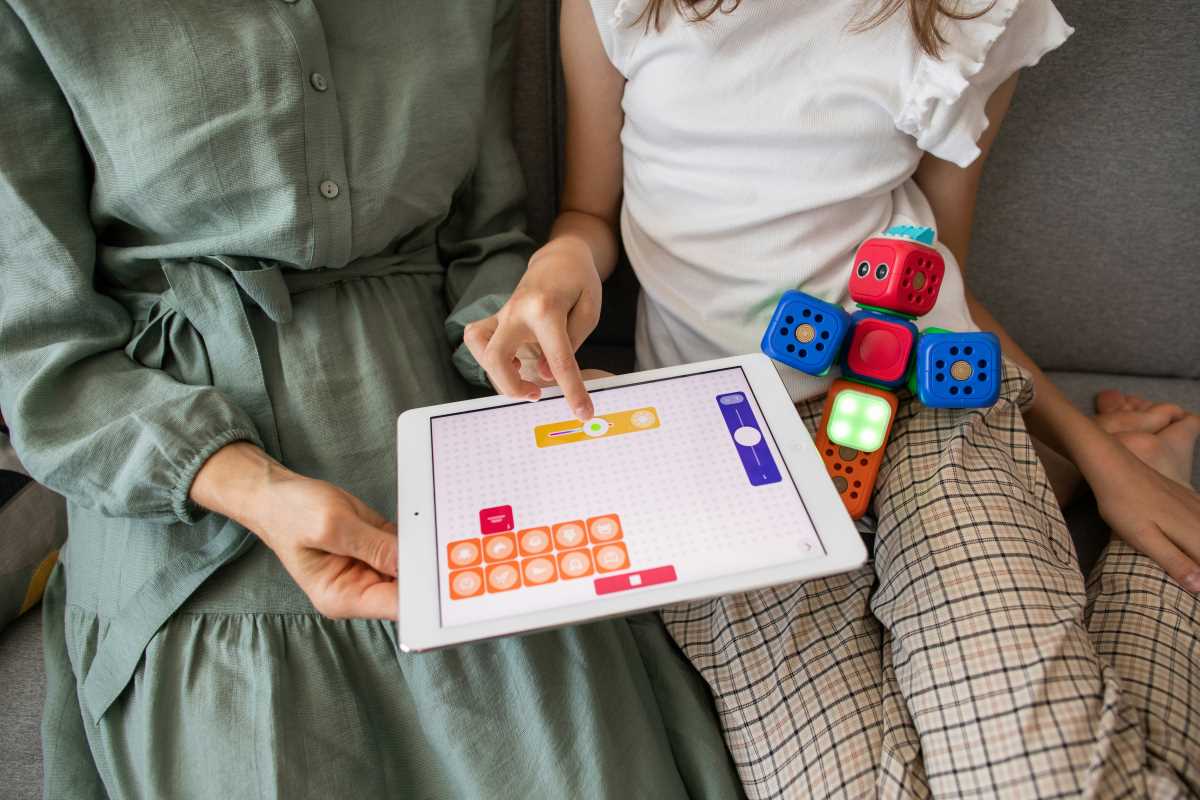Exam periods can stress college students significantly, often increasing anxiety and decreasing performance. The intense academic pressure, tight deadlines, and fear of failure accompanying exams can create an overwhelming environment for students. Many find it difficult to focus, sleep, or maintain healthy routines during these critical times, leading to burnout and reduced productivity. While traditional study strategies are important, mental well-being plays an equally vital role in achieving academic success. Students who neglect their emotional health often struggle to absorb information or perform to the best of their abilities.
Fortunately, there are effective techniques that go beyond memorization and review schedules. Meditation has emerged as a valuable tool for managing exam stress, improving focus, and fostering a sense of calm. These practices can be integrated into daily routines with minimal effort and offer lasting benefits. By cultivating awareness and emotional resilience, students gain the ability to navigate exam challenges with greater clarity and composure, supporting both academic performance and personal well-being.
Deep Breathing Exercises
Deep breathing exercises serve as a simple yet powerful way to reduce stress and improve concentration. Focusing on your breath calms your mind and prepares you for studying or taking exams.
- Find a comfortable and quiet place to sit or lie down.
- Close your eyes and take a slow, deep breath in through your nose, filling your lungs completely.
- Hold the breath for a count of four.
- Slowly exhale through your mouth, emptying your lungs fully.
- Repeat this process for several minutes, maintaining a steady and relaxed rhythm.
Body Scan Meditation
Body scan meditation involves paying close attention to different parts of your body, helping you become more aware of physical sensations and release tension. This practice enhances your ability to focus and relax, which proves especially beneficial during exam preparation.
To perform a body scan, lie down in a comfortable position and start by focusing on your toes, progressively moving up through your body. As you focus on each area, notice any sensations, such as warmth, tension, or relaxation, without judgment. This awareness helps you recognize and alleviate areas of stress.
Mindful Walking
Mindful walking provides a great way to combine physical activity with meditative practices. It allows you to clear your mind while still engaging in movement, which proves particularly helpful when you feel stuck or overwhelmed by studies.
- Choose a quiet place where you can walk without distractions.
- Walk slowly, paying close attention to each step you take.
- Feel the ground beneath your feet and notice the movement of your legs.
- Observe your surroundings, including sights, sounds, and smells.
- Focus on your breathing as you move, maintaining a steady rhythm.
- Reflect on the benefits, such as increased relaxation and improved mental clarity.
Guided Imagery
Guided imagery involves visualizing peaceful and positive scenes to help reduce stress and improve focus. This technique transports your mind away from exam worries and into a state of calm, making it easier to concentrate on your studies.
To practice guided imagery, close your eyes and imagine a serene environment, such as a beach or a forest. Engage all your senses by imagining the sounds, smells, and sights of your chosen place. Let these positive images soothe your mind and replace feelings of anxiety with tranquility.
Progressive Muscle Relaxation
Progressive muscle relaxation represents a technique that involves tensing and then relaxing different muscle groups in your body. This process helps you identify and release physical tension that often accompanies exam stress.
Start by sitting or lying down in a comfortable position. Begin by tensing the muscles in your feet, holding the tension for a few seconds, and then slowly releasing. Move progressively up your body, targeting different muscle groups such as your legs, abdomen, arms, and face. This systematic approach promotes overall relaxation and reduces stress levels.
Apps and Resources
Numerous resources exist to help you practice meditation, including various apps and online platforms. These tools offer guided sessions, progress tracking, and reminders to ensure you stay consistent with your practice. Exploring different options helps you find the one that best suits your needs and lifestyle.
Practicing mindfulness during exams can reduce stress, sharpen focus, and support a more balanced academic experience.
 (Image source: Midjourney)
(Image source: Midjourney) 





